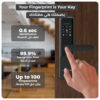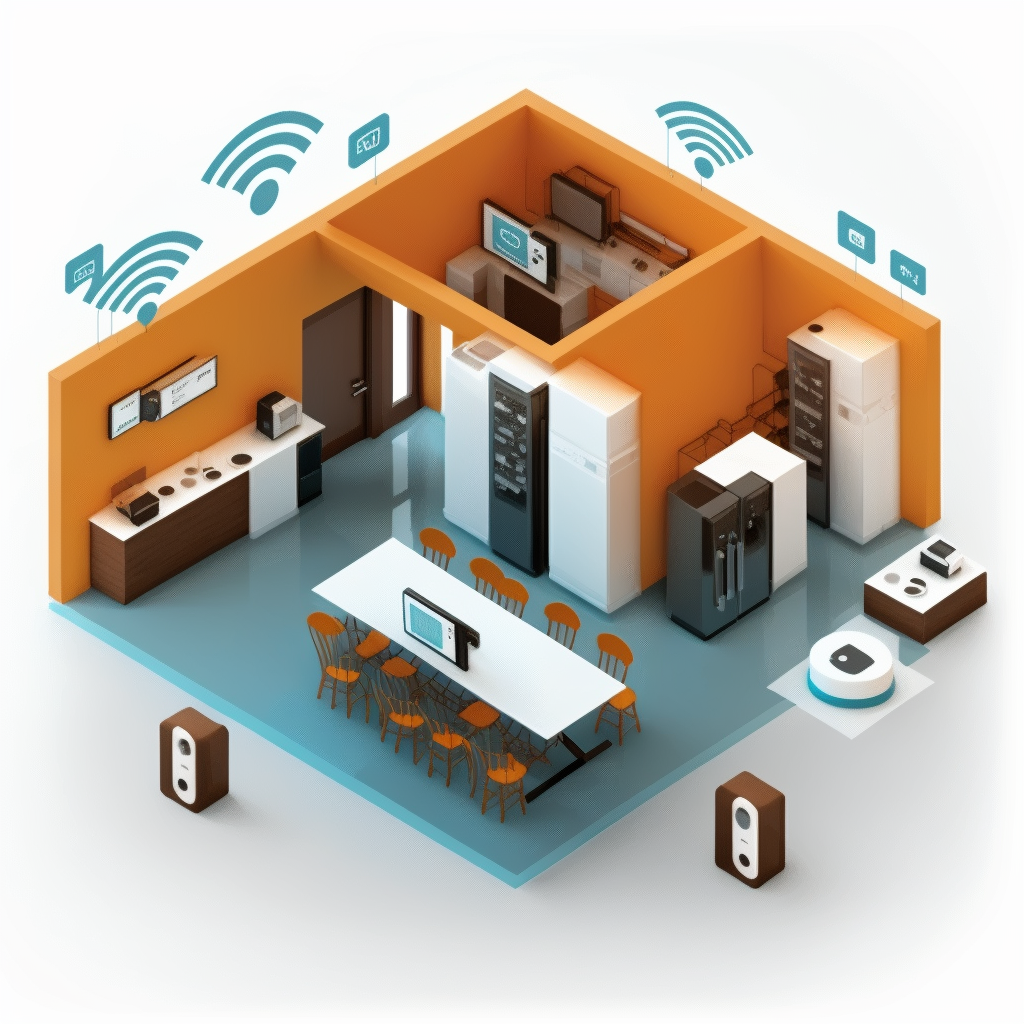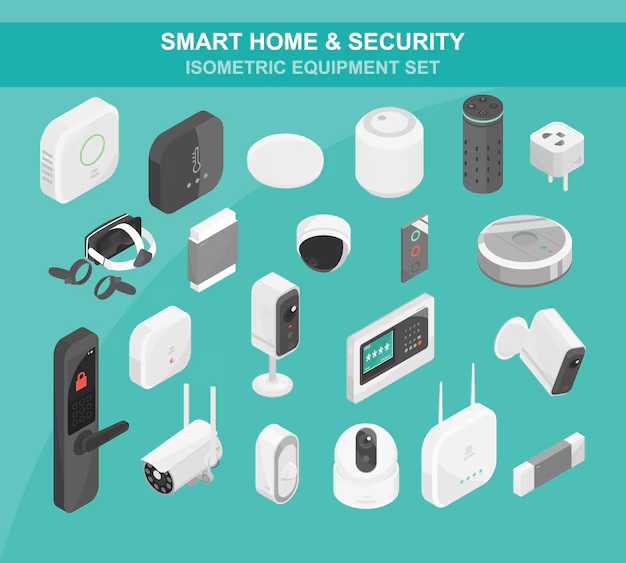Table of Contents
Understanding Smart Home Systems: A Symphony of Technology
Locally Controlled Smart Home Systems (Like a chamber orchestra playing in your living room):
What it means: Just as a chamber orchestra plays music directly in your living room without any external influence, locally controlled systems process and manage all your smart devices within your home itself.
Examples: Hubitat, SmartThings, Wink, Shelly (partially), and some Xiaomi devices.
Pros:
- Data Security: Your data stays in your home, ensuring enhanced privacy.
- Reliability: Works even if your internet goes down.
- Integration: Uses open standards like Zigbee and Z-Wave, allowing for a wide range of device compatibility.
- Offline Functionality: Can operate without an internet connection.
Cons:
- Limited Features: Might not offer voice control or routines.
- Setup: Some systems might require a more detailed setup process.
- Cost: Often more expensive than cloud-based systems due to the hardware involved.
Case Study:
SmartThings’ Local Control SmartThings, a popular smart home hub, allows users to connect and control a myriad of smart devices, from lights to sensors. While it does offer cloud features, its strength lies in local control capabilities, ensuring operations even during internet downtimes.
Cloud-Controlled Smart Home Systems (Like a radio broadcast of a grand orchestra):
What it means: Just as you listen to an orchestra’s performance broadcasted over the radio, cloud-controlled systems manage your devices using external servers, often located far from your home.
Examples: Philips Hue, Sonos, Nest, Wemo, Tuya, Sonoff, and Eufy.
Pros:
- Remote Access: Control devices from anywhere with an internet connection.
- Advanced Features: Offers voice control, routines, and more.
- Integration: Can be integrated with popular voice assistants and other third-party products.
- User-Friendly: Many cloud systems are designed to be intuitive and easy to set up.
Cons:
- Dependence on Internet: Requires a stable internet connection.
- Privacy Concerns: Data is processed on centralized servers, which can raise privacy issues.
- Potential Outages: Vulnerable to company server outages.
Case Study:
Tuya’s Cloud Platform Tuya is renowned for its cloud platform, enabling users to control a plethora of smart devices remotely. Its extensive features are its strength, but some users have raised concerns about data privacy and the reliance on a stable internet connection.
Hybrid Systems (Like a live orchestra performance that’s also being broadcasted):
What it means: Just as you can enjoy a live orchestra that’s simultaneously being broadcasted for others, hybrid systems combine the best of local and cloud control, offering flexibility and versatility.
Examples: Shelly (both local and online) and Sonoff (with updates).
Pros:
- Versatility: Combines local control and cloud features.
- Reliability: Can function during internet downtimes.
- Extended Features: Offers advanced features without compromising on security.
Cons:
- Complexity: Might be more challenging to set up and manage compared to purely local or cloud-based systems.
- Cost: Initial setup might be more expensive due to the combination of hardware and cloud services.
Case Study: Shelly’s Dual Performance
Shelly devices are like the versatile musicians in an orchestra. They can operate using local control, ensuring your devices work even if the internet is down. But when needed, they can also tap into the cloud, giving you remote access and advanced features. This dual capability ensures you get a seamless performance, no matter the circumstances.
In Simple Words:
Choosing between local, cloud, or hybrid smart home systems is like picking a musical experience. Whether you prefer the intimacy of a chamber orchestra, the convenience of a radio broadcast, or the versatility of a live broadcasted performance, there’s a system that fits your rhythm. Consider factors like data privacy, feature requirements, and budget when making your choice. Remember, the best system for you is the one that harmonizes with your lifestyle.







